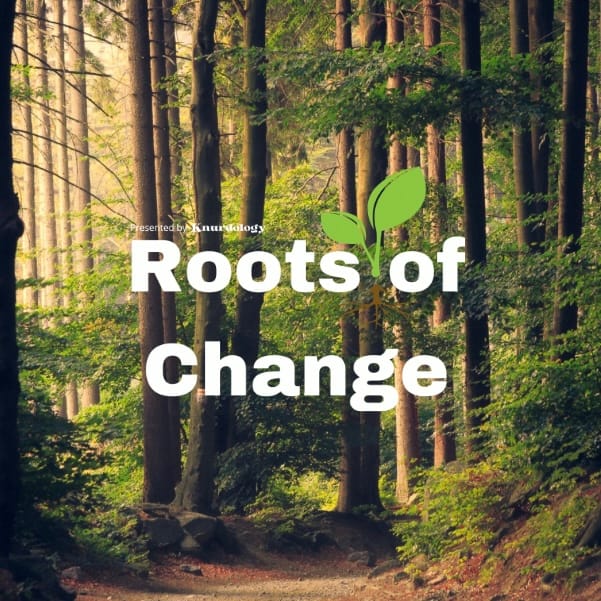Housing: the Linchpin of Systemic Racism
Part III: Systemic Racism
🤓 Bite-Sized Knurd: Wealth begets wealth. The government's housing policies have kept Black Americans behind.
In Case You Missed It: Destruction Under the Guise of Urban Renewal
Read on for more…
How do Americans build wealth?
The common answers usually involve investing, usually stocks or real estate. But investing requires actually having some money to invest.
In our current system, wealth begets wealth.
Whether it’s real estate or the stock market, it’s much easier to see growth in investments when you already have the money to put aside. Just look at the ultra-rich Americans. Three fourths of them inhereted their money. When you have the money, you can take advantage at opportune times to reach exponential growth.
The pandemic is a perfect example of how wealth grows. The richest 1% gained $6.5 trillion in wealth in 2021 alone and now have a greater combined wealth than the bottom 90% of earners. (Whew, talk about buying the dip!)
But what about everyone else?
The pandemic illustrated why our widening wealth gap is only getting worse. If the wealthy can grow their wealth by investing and middle and working class people can’t, then they just fall further and further behind in our economy.
And it’s so much worse for Black Americans.
Abandoned By the System
When Black Americans were told they were free from slavery after the Civil War (Texans being the last to find out on Juneteenth 1865), they had nothing.
During the Reconstruction era, the government set them free, gave them equal protection under the law, and a right to vote, but many former slaves had little to no support for housing, food, or job opportunities. After being considered “property” and brutalized for years, these human beings were expected to figure everything out on their own. What would you do? Where would you go?
Despite legal protections, the rise of racist extremism and founding of the Ku Klux Klan ensured that Black Americans would not have the same opportunities as everyone else.
And since then, Black Americans never had a chance to catch up economically. Whenever they gained some foothold, they were stomped back down by institutions and systems designed to do just that.
Government Sanctioned Segregation
Housing has played a key role in this economic order. Many people have heard the term redlining, where institutions, especially banks, refuse to service neighborhoods with a higher concentration of people of color. But redlining only begins to cover the government's role in segregating our country with such precision.
- Public Housing effectively segregated urban areas by developing separate white-only and racially mixed housing. The intentional underfunding and under development of racially mixed housing created “ghettos” that live on to this day.
- Limited Housing from segregation allowed landlords to charge insane rents for horrible conditions ensuring Black families couldn’t get out of poverty.
- Ignoring Laws: Cities like West Palm Beach would ignore the 1917 Supreme Court ruling that outlawed racial zoning.
- The Federal Housing Administration, created in 1934, further segregated communities by refusing to provide mortgages to Black people.
- Urban Renewal destroyed thriving Black neighborhoods like San Francisco's Fillmore District.
Contextualizing the Racial Wealth Gap
When we think about building wealth in the United States, real estate always seems to be at the top of the conversation.
When we talk about the racial wealth gap, the systemic racism in housing that Black people have endured for decades and continue to endure must be a part of the conversation.
It is not an accident.
Much of our current racial issues can be tied to housing inequality. De jure housing segregation leads to environmental racism, worse health outcomes, education, and career growth.
These links begin to expose the complex web of systemic choices that have kept Black Americans behind to this day.
The Good Knurd:
For anyone looking to deepen their knowledge on racism and housing, I highly recommend The Color of Law: A Forgotten History of How Our Government Segregated America by Richard Rothstein. Most of my research came from it!
Up Next

the roots of change media ecosystem Newsletter
Join the newsletter to receive the latest updates in your inbox.




